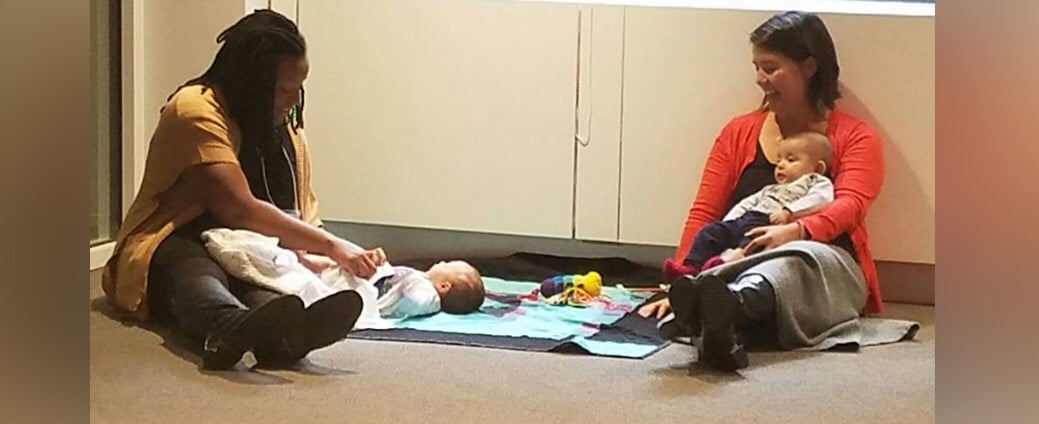What Voters Need to Hear in These Debates

By Danielle Atkinson and Wendy Chun-Hoon
We’ve noticed a pattern among debate moderators and reporters — they avoid asking questions on topics where they assume general agreement among the candidates. That’s why we haven’t seen conversations on topics like equal pay, minimum wage and paid leave.
This is a big mistake.
Digging deeper on such issues can tell us a lot about the candidates, their values, their approach to policy change and their capacity to govern — not to mention their ability to excite voters and to win. We want to hear more than platitudes, see more than a show of hands. This applies to candidates from both major political parties and for all offices, not just president.
On paid leave, for instance, here’s what matters to us and the large networks we work with, led by women of color and encompassing broad and diverse coalitions:
Who do candidates think need paid leave and for what purposes? Some politicians say “paid family leave” when they really mean a little bit of time at a small amount of money only for birth or adoption of a new child and only if you pay it back by short-changing your retirement or seeing reductions in your state unemployment fund. Would this candidate support an infant at birth while ignoring her if she needs heart surgery a few months later or gets leukemia at age eight? Do they know about seniors desperate for care from a family member so they can maintain their independence and dignity? Have they met the people for whom radiation is what you do on your lunch hour?
How did they come to their position and what did they learn along the way? We’ve seen elected officials who view paid leave as checking a box to woo women. Some can cite statistics but are unable to tell the story of a single constituent, much less their own. We want to hear the backstory of their support, how much they connect this to a larger agenda for economic, racial and gender justice. Do they know how many of us feel vulnerable? Have they grasped the guilt people feel when they can’t make ends meet, the spiral of consequences for individuals and their families?
What do they see as the most important lessons from the states that have already instituted paid family and medical leave? Lots of evidence exists about the programs our movement has won. Do the candidates understand that the time has to be affordable, that people need to know they’ll have a job to come back to? If candidates are or used to be in state or local elected office, how did they champion paid time to care?
When they say ‘family,’ who do they mean? The only existing federal law on leave, the Family and Medical Leave Act, narrows “family” to a nuclear family: married spouse, child or parent. Does this candidate see the rest of us? Should all our families count?
How do they view bipartisanship on this issue? Do they urge us to look for the lowest common denominator? Or do they understand how we’ve gotten bipartisan support in numerous states by building the strongest coalition and making the strongest case?
How do they respond to Trump’s position on paid leave? Women for Trump tout his support for paid leave as one of his biggest accomplishments for women. What does this candidate have to say in response?
Where does paid leave fall on their priority list and why? Will the candidate make this an issue in the election? Prioritize it for their first 100 days? Is this one of the pivotal transformations they want as part of their legacy?
We have similar advice for candidates. If debate moderators don’t ask these questions, act as if they have and insert your answers into the discussion. Find other ways — your website, op-eds, interviews, tweets — to elaborate on your position. Show us that you understand why support for paid family and medical leave is key to exciting the base, drawing out disaffected voters, winning over independents and getting elected.
We’ll be watching.
Danielle Atkinson is the founding director of Mothering Justice, a statewide organization in Michigan working on behalf of mothers.
Wendy Chun-Hoon is co-director of Family Values @ Work, a network of coalitions in 27 states fighting for — and winning — policies such as paid family and medical leave.